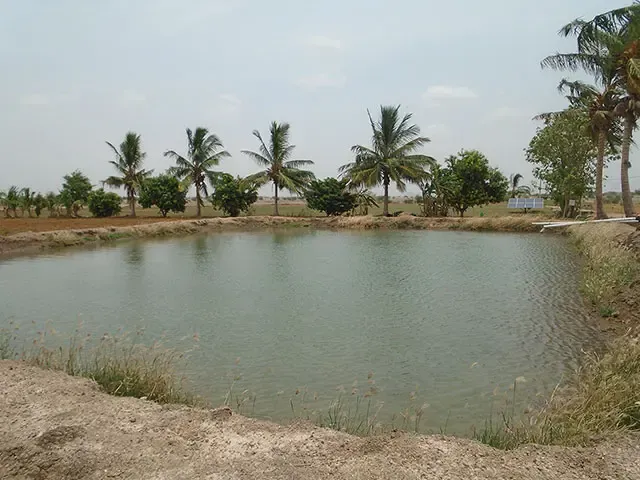Government Allocates Rs 1.78 Lakh Crore for Water Harvesting Initiatives under MNREGA: Minister

Synopsis
Key Takeaways
- Rs 1.78 lakh crore spent on water harvesting projects.
- 4.99 lakh water conservation works completed in 2024-25.
- 7.61 lakh ongoing water harvesting projects as of March 2025.
- 28.48 lakh ongoing plantation works under MNREGA.
- 1.68 lakh community sanitation projects currently active.
New Delhi, March 21 (NationPress) The government has made a considerable investment of Rs. 1.78 lakh crore in efforts aimed at water conservation and water harvesting through the rural employment initiative established under the Mahatma Gandhi National Rural Employment Guarantee Act (MNREGA), as stated in Parliament on Friday.
For the financial year 2024-25, approximately 4.99 lakh water conservation and harvesting projects have been successfully completed, amounting to an expenditure of Rs 17,889.52 crore, according to Minister of State for Rural Development Kamlesh Paswan in a written reply to the Rajya Sabha.
The structures developed for water conservation and harvesting are aimed at enhancing and safeguarding groundwater resources. These include underground dykes, earthen dams, stop dams, check dams, and rooftop rainwater collection systems in government or panchayat buildings, focusing particularly on recharging groundwater sources, including those for drinking water, the minister explained.
As of March 18, 2025, there are currently 7.61 lakh ongoing water conservation and harvesting initiatives under this scheme, with a total of 62.89 lakh projects completed since its inception, he noted.
Additionally, afforestation efforts, including tree and horticulture plantation on common and forest lands, road margins, canal bunds, tank foreshore, and coastal areas, have also been carried out through the rural employment scheme, the minister highlighted.
As of March 18, 2025, 28.48 lakh plantation projects are currently active under MNREGA, with a total of 89.24 lakh completed since the scheme began. The total expenditure for these efforts stands at Rs 72,996.52 crore. In the financial year 2024-25 alone, 7.96 lakh plantation works have been completed, costing Rs. 7762.59 crore, according to the minister.
Furthermore, rural sanitation initiatives, such as constructing individual household latrines, school toilet units, and Anganwadi toilets, either independently or in conjunction with the efforts of other government departments and unskilled wage components for the building of Community Sanitary Complexes in line with the Swachh Bharat Mission (Grameen), have also been advanced to achieve open defecation free status and manage solid and liquid waste as per the prescribed guidelines.
As of March 18 this year, there are 1.68 lakh ongoing community rural sanitation projects, while 66.20 lakh works have been completed since the scheme's inception. The total expenditure for these projects is Rs 11,452.32 crore. In the financial year 2024-25, 1.06 lakh community rural sanitation projects were completed, costing Rs 768.63 crore, the minister stated.
The Mahatma Gandhi National Rural Employment Guarantee Act, established in 2005, aims to enhance the livelihood security of households in rural areas by guaranteeing at least 100 days of wage employment annually for every household that has adult members willing to undertake unskilled manual labor.
The Ministry also provides an additional 50 days of wage employment for every scheduled tribe household in forest areas, provided they possess no other private property except land rights under the Forest Rights Act (FRA), 2006. Furthermore, there is a provision for up to an additional 50 days of wage employment in rural areas affected by drought or natural calamities, as added by Paswan.










